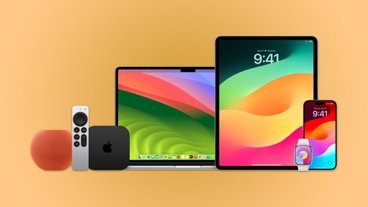Microsoft exec says PC 'not even middle-aged,' rejects post-PC label
Frank Shaw, Microsoft's Corporate Vice President of Corporate Communications, asserted in a post on the Official Microsoft Blog that the PC isn't going anywhere.
According to him, new devices such as eReaders, tablets, smartphones "aren't PC killers, but instead are complementary devices." Shaw argues that PCs aren't going away because there is a set of important things that they do "uniquely well," while noting that PCs are rapidly improving at the things that other devices do.
"Non-PC" objects help people communicate and consume, but they are unable to create and collaborate as well as PCs, the executive continued. "And that’s why one should take any reports of the death of the PC with a rather large grain of salt," he said.
Shaw went on to describe Microsoft's vision of the future: "increasingly powerful devices of all kinds will connect with cloud services to make it all the more easier for us social beings to create, communicate, collaborate and consume information." He also added that the vision will "become clearer" in mid-September at the company's BUILD conference.
He concluded his post by again dismissing the post-PC label. "We think it’s far more accurate to say that the 30-year-old PC isn’t even middle aged yet, and about to take up snowboarding," Shaw wrote.
Microsoft's position greatly differs from Apple's belief that the transition from the PC is inevitable. Apple CEO Steve Jobs said last year that the iPad may eventually replace the laptop.
"The transformation of the PC to new form factors like the tablet is going to make some people uneasy because the PC has taken us a long ways," he said. "The PC is brilliant.. and we like to talk about the post-PC era, but it's uncomfortable."
Jobs compared the transition to changes in the U.S. automobile industry. He likened PCs to trucks, which were more common early on because farmers were early adopters of the automobile, but now are used by a smaller number of people. Responding to assertions that the iPad is limited in creating content, Jobs said that "time takes care of lots of these things," adding that software advances will become more powerful as they add more features.
Microsoft CEO Steve Ballmer strongly disagreed with Jobs. "Windows machines are not going to be trucks," he said.
Earlier this year, Microsoft's chief research and strategy officer Craig Mundie questioned whether tablets would be more than just a fad. "Today you can see tablets and pads and other things that are starting to live in the space in between (a PC and a smartphone)," he said. "Personally, I don't know whether that space will be a persistent one or not."
Apple will make a significant step away from PCs this fall when it releases iOS 5, which has a "PC-free" design. "Perhaps iOS 5’s paramount feature is that it’s built to seamlessly work with iCloud in the Post-PC revolution that Apple is leading," Jobs said.
Microsoft, on the other hand, has said that it views tablets as PCs. The company is betting that, over time, PCs, tablets and smartphoens will come together into a "unified ecosystem."
"Windows will be everywhere on every device without compromise," Ballmer said in January.
 Josh Ong
Josh Ong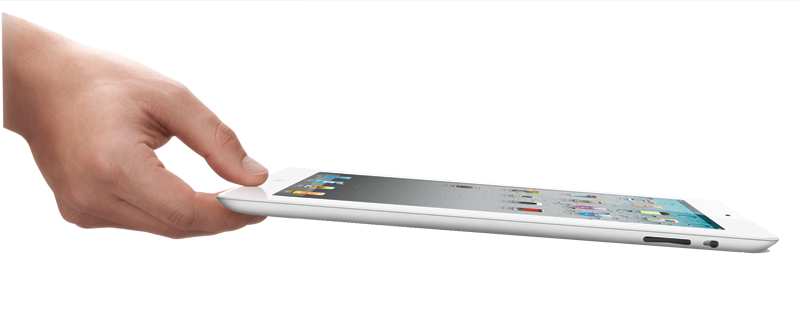
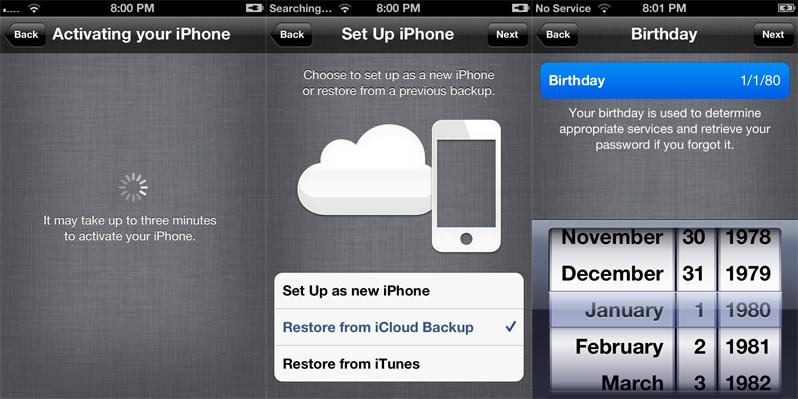










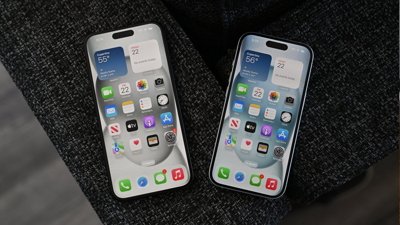
 Malcolm Owen
Malcolm Owen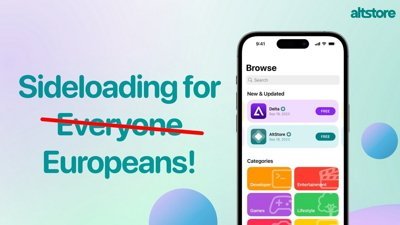
 Amber Neely
Amber Neely
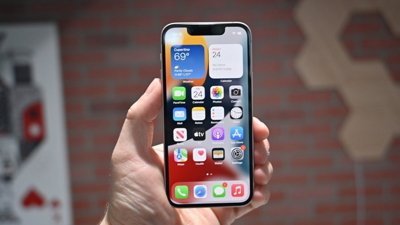
 William Gallagher
William Gallagher
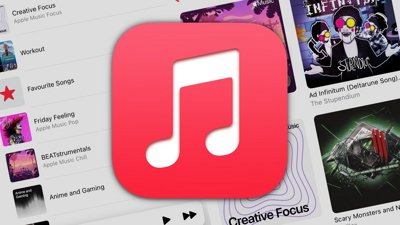
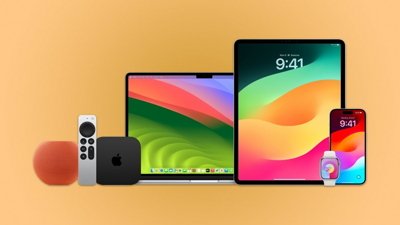
 Andrew Orr
Andrew Orr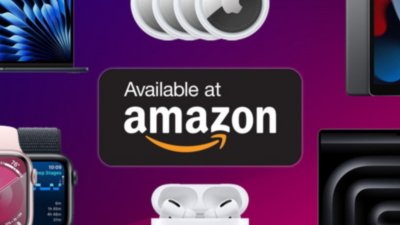
 Christine McKee
Christine McKee